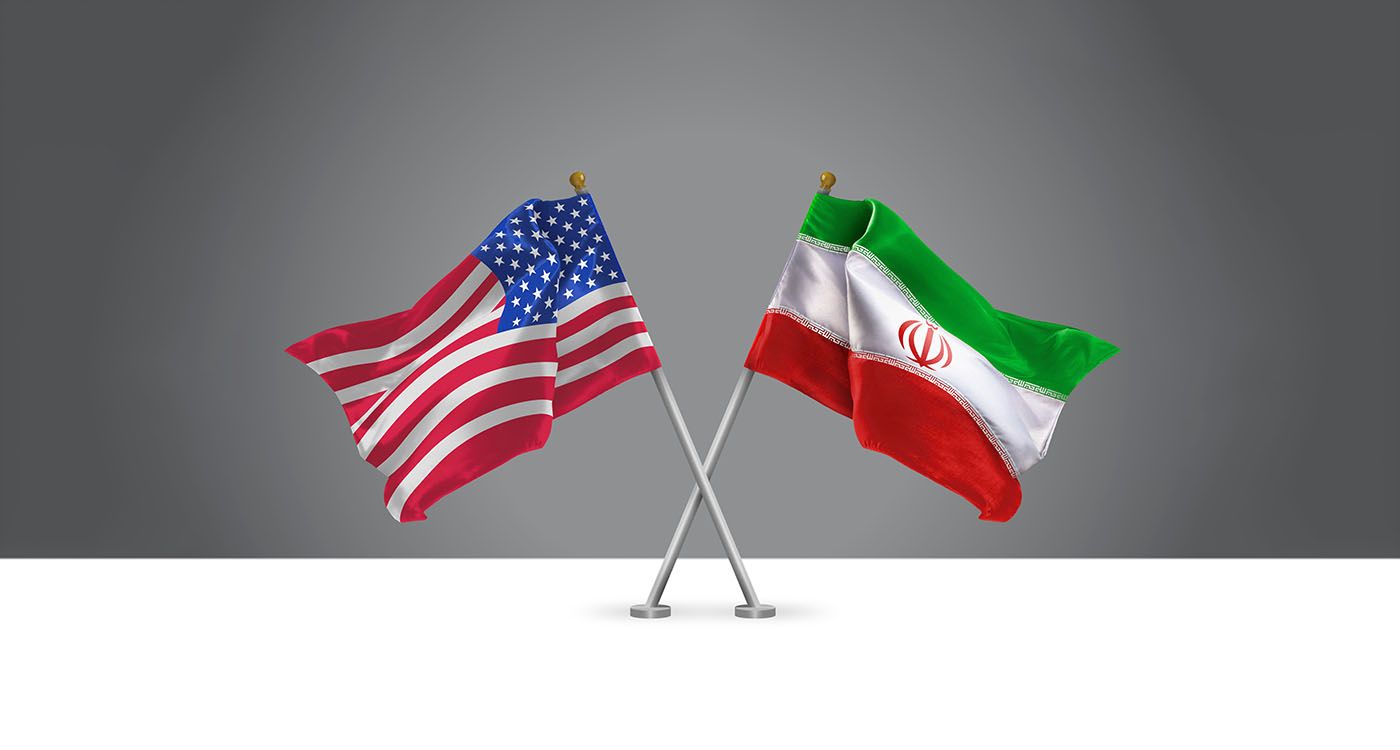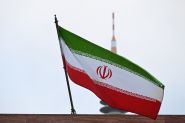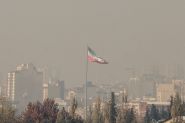- Home
- Middle East
- American-Iranian Talks Spring Eternal

©shutterstock
President Trump prides himself on his mastery of the art of the deal. On April 12, those skills will begin to be tested for the first time in the arena of the 45-year-old contest between America and Iran. All who care about stability and peace in the Middle East should wish him well and hope he and his team come to the negotiation prepared and in as favorable a geo-strategic context as possible.
Hawks believe that if you want peace, prepare for war. Doves believe that if you want peace, behave peaceably. Arguably, the only time since 1979 that the U.S. got its way for very long with Iran was in the wake of the 1988-89 Gulf crisis. A massive U.S. naval operation to protect Kuwaiti tankers helped end the Iran-Iraq War and Iran's threats to freedom of navigation. For the next 15 years, Iran's energies were diverted to menacing but less confrontational activities: projecting power in the Levant, pursuing a nuclear weapon, and exploiting opportunities presented by the toppling of Saddam in 2003. After 1989, America did not have much of a coherent or persistent strategy to deal with these myriad threats. When the nuclear problem could no longer be ignored, the Bush 43 and Obama administrations pursued multilateral negotiations to manage it. The result, JCPOA, had many flaws but was meant as a first step. One of its shortcomings was the absence of sufficient political support in America to get Senate confirmation, compelling Obama to call it a "plan". The American constitution does not require plans to be confirmed by the Senate. JCPOA was obviously on shaky ground from the start, and in his second year in office, Trump pulled out.
Ten years after JCPOA, here we go again.
It is in Iran's interest to appear cooperative. For now, Tehran will avoid provoking more whacks from Israel or the U.S. The best way to buy time until the U.S. loses interest is to draw Washington into the lair of endless negotiations about procedure and substance. Trump may be the master of the art of the deal, but the Iranians are no slouches, either -- even if with them it really means the art of "no deal."
Looking at the U.S. approach -- with little data to assess -- one obvious feature is haste. Our negotiating team apparently is heading to Oman despite a public difference whether these talks are to be direct or indirect. There are ways to finesse that issue -- a photo op and handshake after which the delegations repair to separate rooms for mediated talks. But the real question is whether the geo-strategic climate is favorable. It is better in many ways than ten years ago. Iran's defenses are degraded and its ability to project power in the Levant is destroyed for now. However, the timetables and tradeoffs of JCPOA are obsolete and Iran's window for a breakout very short. The crucial ability then for the US, EU, Russia, and China to join forces seems improbable today. And since Iran is unlikely just now to cross the threshold to a nuclear weapon and thereby provoke a certain Israeli and American reaction, there is time to get it right. We should keep squeezing Iran in every way.
A second aspect is the U.S. goal. Trump says it is simple: Iran does not get a nuclear weapon. But getting there is not so simple. Is the U.S. administration focused only on weaponization, or will its demands include the reduction or elimination of Iran's stockpile of highly enriched uranium? What about all the other problems we have with Iran? Does the administration plan to make Iran's reversal of fortunes in the region more expansive -- to include Iraq and Yemen -- and long-lasting? Part of the problem in defining a goal is the split between hawks and doves in the administration of Iran. The doves have the upper hand, but for how long? And for those not following the twists of American politics, the doves are the MAGA advisors, and the hawks the establishment Republicans. When administrations enter high-stakes, complex negotiations, it is best to have their politics and teams in order. That situation is not clear.
A third aspect is leverage. Trump certainly has far more than his predecessor, who seemed to be viewed by almost everyone in the Middle East as irrelevant. Trump is highly relevant. And his unpredictability is a great advantage. When he says, "If the talks aren't successful, I think Iran is going to be in great danger," Iranians should listen. On the other hand, they are probably too skilled to allow themselves to be cast as the spoiler. Tehran will go along through endless rounds and keep hopes alive. And just when Washington thinks it has a deal, the Iranians will suddenly introduce a whole new stack of requirements and demands. Start again or walk away?
This brings us to the fourth element, competence. The Iranians know their files inside-out. How much time has Steve Witkoff spent in three months in office studying Iran and the nuclear tradeoffs? What experts on Iran and nuclear weapons programs will be by his side and in the back row in these talks? We will know soon enough. Some in Washington think complexity is for losers; when it comes to the Middle East, bifocal vision is essential, with both the big-picture geopolitics and the details in focus.
Talks with Iran are welcome -- when the time is right, when the U.S. appears less eager than Tehran for a deal, and when an American political majority will support the right kind of deal, one that only gives up enough to gain profound, verifiable, irreversible changes of policy by Iran. Trump and his team are capable of all of that -- if they are not stampeded by their own love for the "art of a deal."
Read more




Comments